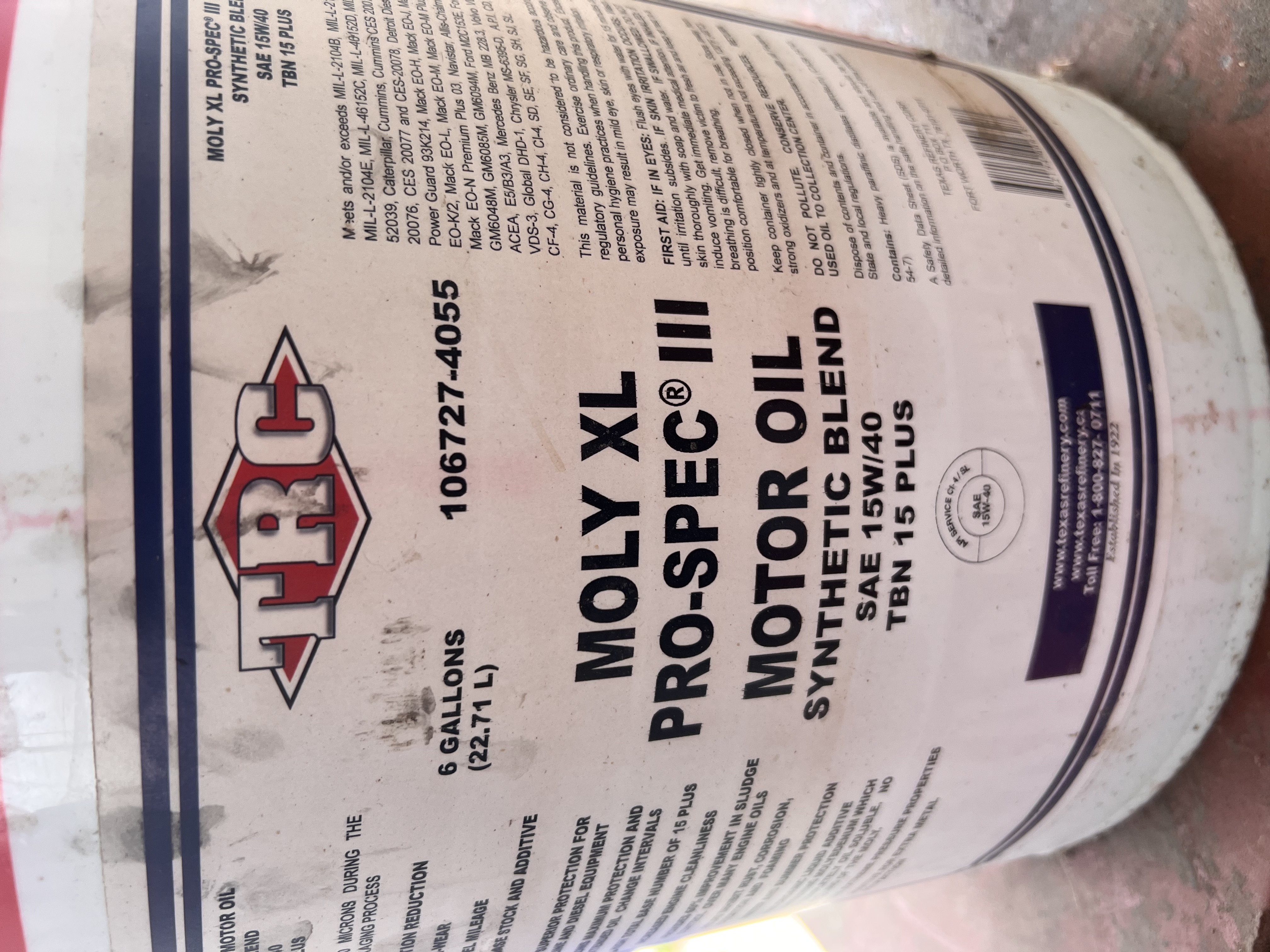
Are All Oils the Same? Choosing the Best Oil for Your ATV
Published on March 08, 2025 by RGV ATV Repair
Oil is the lifeblood of any engine, and when it comes to your ATV, choosing the right oil is crucial. Many riders assume that all engine oils are the same or that any automotive oil will work in an ATV, but that couldn't be further from the truth. Oil viscosity, additives, and quality play a major role in engine protection, longevity, and performance.
At RGV ATV Repair, we’ve worked on countless ATVs, and one of the most common maintenance mistakes we see is the use of the wrong oil. If you're wondering whether to go with a name-brand or a budget oil, synthetic or conventional, or a thicker or thinner viscosity, this guide will break it all down.
Understanding Oil Types: Synthetic vs. Conventional
Before we talk about viscosity and brands, let's first discuss the difference between synthetic and conventional oil. These two oil types perform differently, and choosing the right one depends on your riding conditions.
🔹 Conventional Oil
Also known as mineral oil, conventional oil is made from crude oil and contains natural impurities. While it provides basic lubrication, it breaks down faster under high temperatures and extreme conditions.
Best for:
- Older ATVs with non-synthetic oil requirements
- Casual riders who don't put heavy stress on their engines
- Cooler climates where oil breakdown is less of a concern
🔹 Synthetic Oil
Synthetic oil is engineered for superior performance. It resists breakdown under heat, flows better in cold temperatures, and contains additives that improve wear protection.
Best for:
- High-performance ATVs
- Extreme riding conditions (hot climates, mud, sand, heavy loads)
- Engines requiring maximum protection and longevity
Understanding Oil Viscosity: What Do the Numbers Mean?
When choosing ATV oil, you'll see numbers like 10W-40, 15W-50, or 5W-30. These numbers represent the oil's viscosity rating, which determines how it flows at different temperatures.
🔹 What Do the Numbers Mean?
The first number (e.g., "10W") represents the oil’s thickness when cold. The "W" stands for "Winter." The lower this number, the better the oil flows in cold starts.
The second number (e.g., "40") represents the oil's thickness at normal operating temperature. A higher number means the oil is thicker when hot, offering more protection under extreme conditions.
🔹 Choosing the Right Viscosity for Your ATV
Viscosity should be selected based on climate, riding style, and manufacturer recommendations.
Common ATV Oil Recommendations:
- 10W-40: The most widely used oil for ATVs. Suitable for most climates and riding conditions.
- 15W-50: A thicker oil that works well in hotter climates like the South, where temperatures reach 100°F+.
- 5W-30: A thinner oil designed for cold-weather riding, improving engine startup in freezing temperatures.
Does Brand Matter? Cheap vs. Expensive Oils
Many riders wonder if there's a big difference between budget store-brand oils and premium name-brand oils. The truth is, not all oils are created equal.
🔹 Budget Store-Brand Oils
Store-brand oils may meet basic lubrication standards, but they often lack advanced additives for heat resistance, anti-wear protection, and detergent properties. They may also break down faster under extreme riding conditions.
🔹 Premium Name-Brand Oils
High-quality brands like Amsoil, Mobil 1, and Honda GN4 contain specialized additives that provide better lubrication, improved viscosity stability, and longer-lasting performance.
Verdict: If you're riding aggressively, in extreme temperatures, or want maximum engine protection, investing in a high-quality oil is worth it.
How to Determine the Best Oil for Your ATV
Every ATV is different, so choosing the right oil requires checking your manufacturer’s recommendations. Here’s what you should do:
- Check Your Owner’s Manual: The manufacturer provides specific viscosity and oil type recommendations.
- Consider Your Climate: If you ride in hot, desert-like conditions, a thicker oil like 15W-50 is best. For cold climates, 5W-30 prevents thickening.
- Think About Your Riding Style: Racing, towing, or mudding? A synthetic oil with high heat resistance will protect your engine.
Final Thoughts
Not all oils are the same, and using the wrong oil can lead to engine wear, poor performance, and even breakdowns. Choosing the best oil for your ATV depends on climate, riding habits, and manufacturer guidelines.
At RGV ATV Repair, we recommend using high-quality synthetic oils in hot Texas temperatures to prevent breakdowns and keep engines running smoothly. If you're unsure which oil is best for your ATV, contact us today for expert advice.